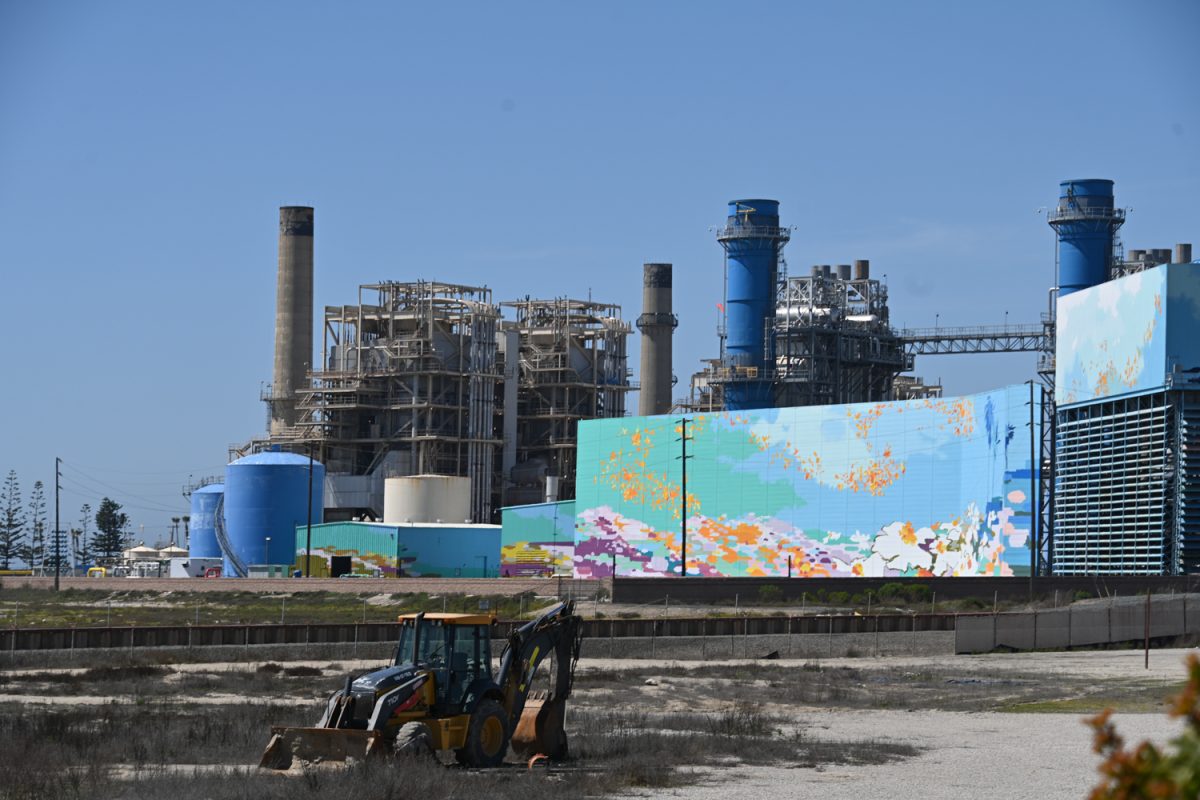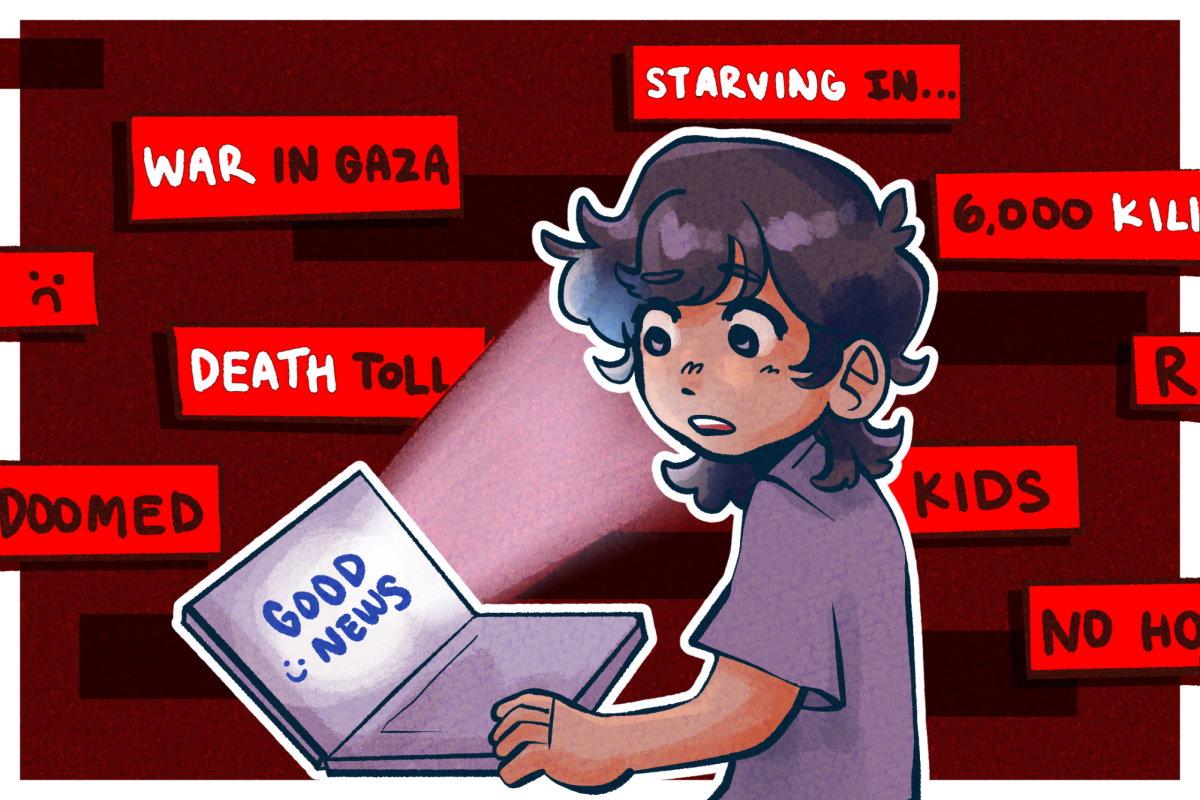When is the right time to become concerned about an issue? How dire should the threat be, and at what point should concern turn to action? No sleep is lost when I think of the universe’s inevitable heat death, the sun’s eventual explosion or a potential asteroid collision. Yet, climate change, a threat as existential and difficult for the mind to comprehend, plagues me with dread.
The layman’s response to the reality of climate change often comes with a shrug or a perception that it’s unavoidable but somehow inexplicably distant. They respond as if we’re talking about the moon crashing into Earth — all with faces that say, “What can we do?”
We know these issues aren’t the same, yet we treat them like threats to society that we lack the power to change — as if all we can tangibly do is postpone them until the next generation.
Historically, governments have directed their concern toward issues they can feel, such as war, crime, recession and disease. Potential threats to society rarely inspire decisive action, but as climate change shifts from a possibility to a reality, attitudes have begun to change.
Increasing temperatures year after year — 2024 being the hottest year recorded — won’t just change the weather and ecosystems; they will change everything. Wildfires, hurricanes and rising sea levels now threaten major population centers across the globe. The time for concern is now; we understand the severity.
Get The Daily Illini in your inbox!
Some nations have turned concern into action, setting standards and sustainability goals. For example, The Paris Agreement aims to keep the global temperature rise below 2 degrees Celsius. This agreement is a landmark of international environmental cooperation. However, most of these actions have been symbolic and unsuccessful, giving credence to the idea that climate change is, indeed, an inevitable threat.
So, nothing changed. We march in the same direction with indifference, calmness and inaction leading our way. While this approach to climate change fills me with dread, I understand why many resign to it.
Daily, I take actions that have indirect negative consequences for the climate. Every item I purchase, vehicle I ride or garbage I dispose of will eventually hurt the environment.
Not all are aware of this reality; however, those who are can understandably assume that climate change is inevitable — everything everyone does contributes to it.
What separates this perception of climate change from that of a sustainable path going forward is the belief that things have to be this way.
From trains to artificial intelligence, climate change results from every economic progression described in history books from the 1800s onward — the development of human civilization as we know it — the development of capitalism.
As an economic system, capitalism prioritizes growth above all else: more labor, energy, money, capital, products and so on. For this growth to occur, companies need natural resources. However, a capitalist system doesn’t allow for the acquisition of these resources through sustainable methods, as the profit motive dictates actions.
Long-term sustainability would only be possible if it were profitable.
Yet, because this growth has significantly improved the quality of life for people worldwide, it has created a dependency — or perhaps a tendency — toward capitalism, shifting our incentives to the point of irreparability.
Capitalism, in its current form, cannot exist without climate change. Since this economic system is essential to society’s functionality, climate change seems inescapable.
So, I understand the masses’ indifference. Capitalism, and by extension climate change, seems inevitable — so why panic about something you can’t change?
However, change is the only true inevitability. Our capitalistic society isn’t ingrained in human nature. We have developed and evolved to integrate these ideals into our society. Change can feel impossible as if there is no other alternative, but capitalism will not last forever.
It begins with individual change — perceiving the possibility of what the world could be. Over time, these small actions everyone takes can lead to a significant impact.
This goes beyond mere suggestion; it is a necessity. If we fail to change, the climate will be forced to.
Grayson is a sophomore in LAS.









